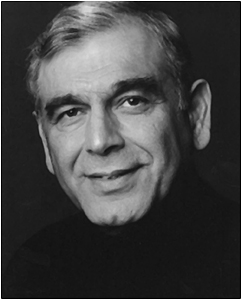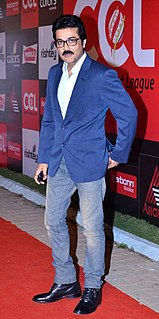A Quote by Suhasini Maniratnam
Related Quotes
For people to understand, you can't speak 'cinema.' Cinema doesn't have alphabets, so you have to go to the local language. Even in England, if they make a movie in London they have to make it in the Cockney accent, they can't make a film with the English spoken in the BBC. So cinema has to be realistic to the area that it is set in.
Some people feel that the purpose of cinema is entertainment - which in itself is a healthy enough goal, provided you define what constitutes entertainment. But I come from a family where I grew up believing that cinema - art - should be used as an instrument for change and that's the kind of cinema I've largely done and been attracted to.
Just look at the cinema itself: It's comprised of lots of movies about graphic novels, and if you're not 20 years old and wearing a cape and a mask and white, you're out of business. Today's cinema is a proliferation of comedies, which are in some ways creating caricature images. They're one-dimensional.
One must not consider a language as a product dead, and formed but once; it is an animate being, and ever creative. Human thought elaborates itself with the progress of intelligence; and of this thought language is a manifestation. An idiom cannot therefore remain stationary; it walks, it develops, it grows up, it fortifies itself, it becomes old, and it reaches decrepitude.


































